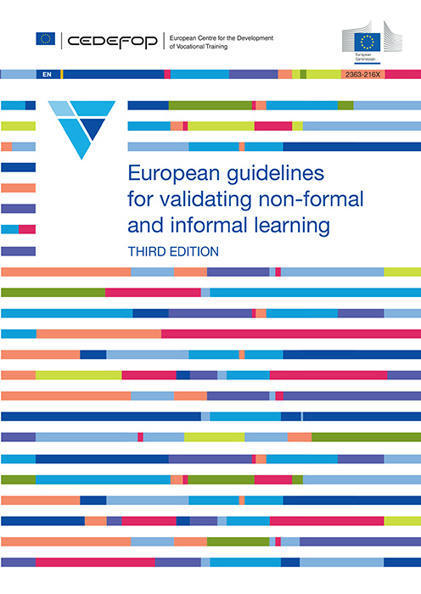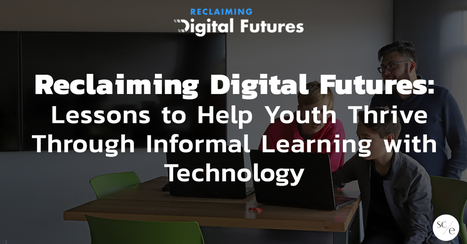The development and implementation of validation relies on several interconnected elements that, when combined, can strengthen the role of validation at national and European levels. The guidelines put the individual at the heart of the process, responding to needs and objectives. They provide insights into validation provision and methodologies and how the process can be coordinated and carried out.
Via Peter Mellow



 Your new post is loading...
Your new post is loading...











